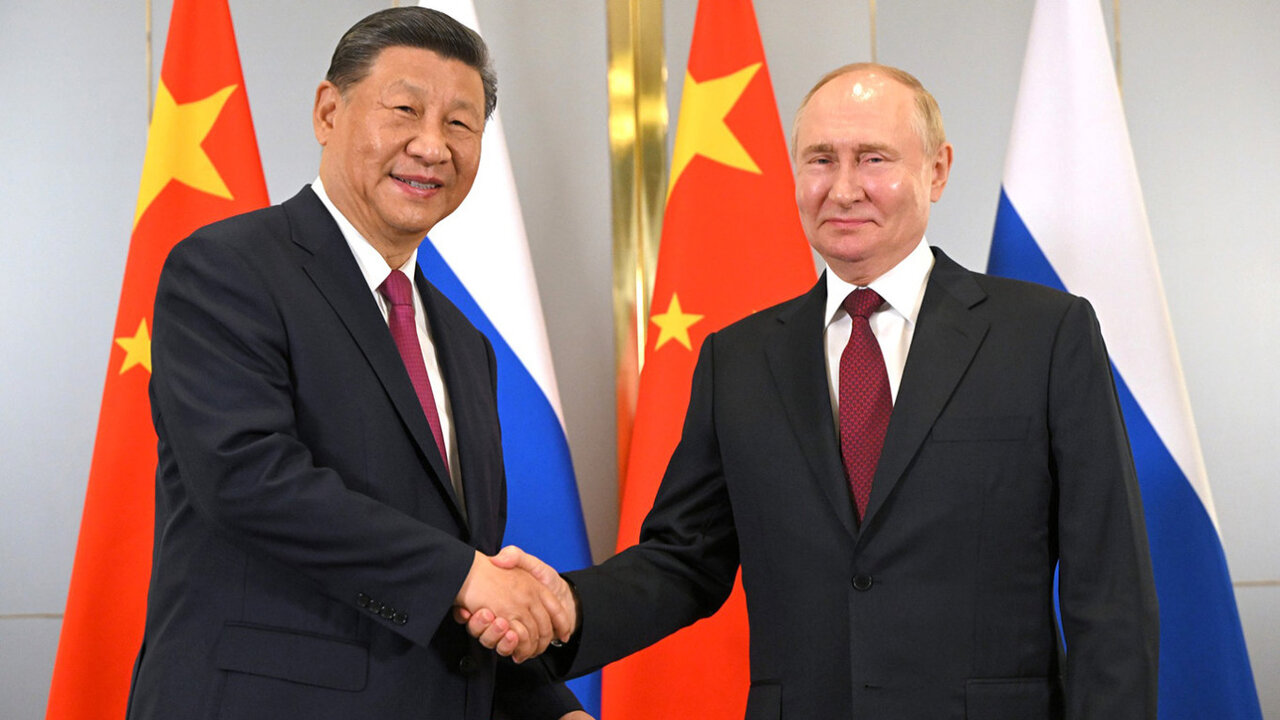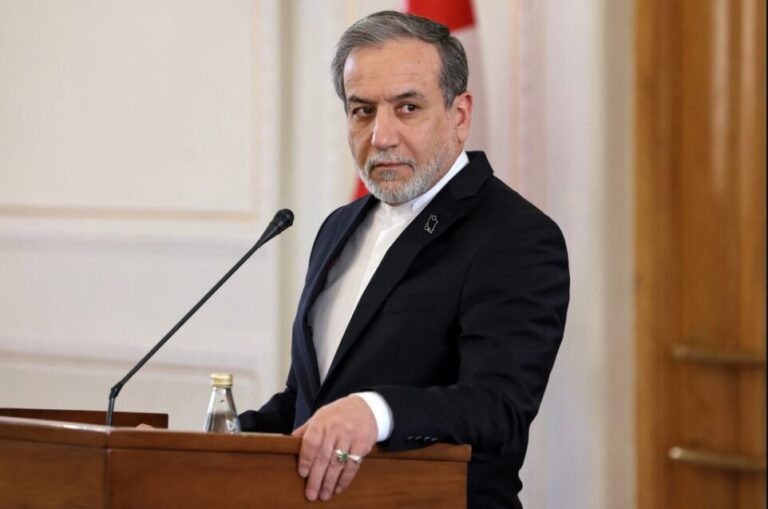Xi Jinping Joins Moscow Celebrations: Commemorating 80 Years Since Soviet Victory Over Germany
In a significant diplomatic gesture, Chinese President Xi Jinping arrived in Russia on Wednesday afternoon. This state visit coincides with the celebrations marking the 80th anniversary of the Soviet Union’s victory in the Great Patriotic War. Xi’s trip is not only an acknowledgment of historical ties but also underscores the strengthening strategic partnership between Russia and China.
Prior to his visit, President Xi shared his insights in a signed article titled “Learning from History to Build Together a Brighter Future,” published in the Russian Gazette. He emphasized the importance of the China-Russia relationship and its role in enhancing global governance.
In his article, Xi stated, “China and Russia are both major countries with significant influence in the world. The two nations are constructive forces for maintaining global strategic stability and for improving global governance. Our bilateral relationship is founded upon a clear historical logic, sustained by strong internal drive, and rooted in profound cultural heritage.”
Xi asserted that their partnership remains resilient against external pressures. He noted, “Our relationship is neither directed against nor swayed by any third party. Together we must foil all schemes to disrupt or undermine our bonds of amity and trust, and we must not be baffled by transient matters or unsettled by formidable challenges.”
The Chinese leader also expressed concerns regarding unilateral actions on the global stage, stating, “Unilateralism, hegemonism, bullying, and coercive practices are severely undermining our world. Again humankind has come to a crossroads of unity or division, dialogue or confrontation, win-win cooperation or zero-sum games.”
Highlighting the significant roles of both nations as permanent members of the UN Security Council, Xi called for a commitment to multilateralism. He remarked, “The more turbulent and complex the international situation becomes, the more we must uphold and defend the authority of the UN. We must firmly uphold the UN-centered international system, the international order underpinned by international law, and the basic norms of international relations based on the purposes and principles of the UN Charter.”
Xi’s vision extends to promoting an equal and orderly multipolar world and fostering universally beneficial economic globalization. He reiterated the call for creating “a community with a shared future for mankind.”
During the Central Conference on Work Relating to Neighboring Countries held in Beijing from April 8 to 9, President Xi emphasized the importance of building a community with shared futures with neighboring nations. The conference highlighted key principles for strengthening relationships:
- Amity
- Sincerity
- Mutual benefit
- Inclusivity
These principles aim to enhance strategic trust and promote the vision of a “five-home” concept: peace, stability, prosperity, beauty, and friendship.
China’s diplomatic approach is characterized by a focus on peaceful coexistence, mutual benefit, and win-win cooperation. In contrast, the United States is often viewed as prioritizing dominance and unilateralism, frequently bypassing international law and institutions when they conflict with its interests.
The US’s unilateral actions have been particularly evident following President Donald Trump’s trade war against China. Since returning to the White House in January, Trump has imposed tariffs of up to 145 percent on Chinese exports, prompting China to retaliate with 125 percent tariffs on US products. In light of these tensions, China has actively called for resolving the trade conflict through dialogue.
As President Xi Jinping continues to strengthen ties with Russia and promote a cooperative international environment, the stakes are high for both nations in navigating the complexities of global politics. The unfolding events during his visit to Russia will likely have lasting implications for international relations and global governance.
By fostering a robust partnership with Russia, China aims to assert its position as a leading force in promoting stability and cooperation on the world stage, challenging the existing hegemony and advocating for a more equitable international order.





